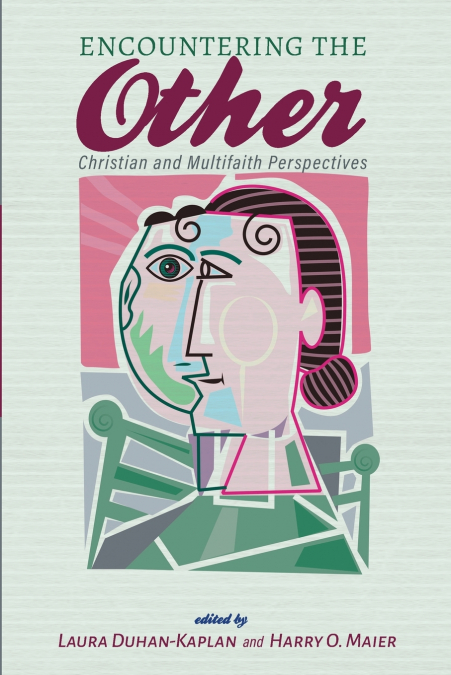
 Librería Perelló (Valencia)
Librería Perelló (Valencia)
 Librería Aciertas (Toledo)
Librería Aciertas (Toledo)
 El AlmaZen del Alquimista (Sevilla)
El AlmaZen del Alquimista (Sevilla)
 Librería Elías (Asturias)
Librería Elías (Asturias)
 Librería Kolima (Madrid)
Librería Kolima (Madrid)
 Donde los libros
Donde los libros
 Librería Proteo (Málaga)
Librería Proteo (Málaga)
How do religious traditions create strangers and neighbors? How do they construct otherness? Or, instead, work to overcome it? In this exciting collection of interdisciplinary essays, scholars and activists from various traditions explore these questions. Through legal and media studies, they reveal how we see religious others. They show that Jewish, Christian, Islamic, and Sikh texts frame others in open-ended ways. Conflict resolution experts and Hindu teachers, they explain, draw on a shared positive psychology. Jewish mystics and Christian contemplatives use powerful tools of compassionate perception. Finally, the authors explain how Christian theology can help teach respectful views of difference. They are not afraid to discuss how religious groups have alienated one another. But, together, they choose to draw positive lessons about future cooperation.